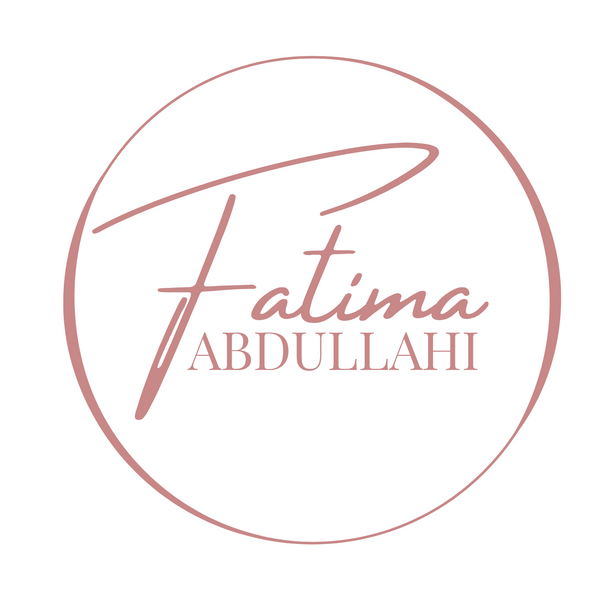In life, we all experience moments that leave us feeling broken—whether it’s heartbreak, grief, or the pain of being misunderstood. Healing isn’t always instant.
1. Heal by Feeling
Sometimes we try to be “strong” by suppressing how we feel. But emotions are messengers—they aren’t meant to be feared or hidden. They are meant to be felt, honoured, and released.
Give yourself permission to feel. Journal your emotions without judgment. Cry if you need to. Anger, sadness, and even fear carry information—listen to them with compassion.
In the Qur’an, even prophets felt deep emotions. Yaqub (AS) wept for years over the loss of Yusuf (AS). His tears weren’t a sign of weakness—they were a form of trust and tawakkul. Feeling is human. Supplication is healing. Allah says, “Verily, in the remembrance of Allah do hearts find rest.” (Surah Ar-Ra’d 13:28)
Practice mindfulness by naming your emotions out loud: “I feel hurt. I feel lonely. I feel overwhelmed.” When you name it, you can fix it. Use grounding techniques like deep breathing, walking barefoot, or sipping warm herbal tea to calm your nervous system.
2. Heal by Connecting
True healing begins with spiritual reconnection. When you start your healing with faith, it becomes more meaningful and sustainable.
Ask yourself: “What is this pain trying to teach me?” Reflect on the deeper meaning behind your experiences. Pain often pushes us towards our purpose or uncovers wounds we didn’t know we needed to heal.
Allah is Ash-Shafi—The Healer. He reminds us in the Qur’an: “And when I am ill, it is He who cures me.” (Surah Ash-Shu’ara 26:80) Healing comes not just from medicine or therapy—but through divine mercy, dhikr (remembrance), dua (prayer), and spiritual surrender.
Create a “healing ritual” after Fajr or before Maghrib—light a candle, recite dhikr, do gentle stretches, or listen to Qur’anic recitation. Let this be your sacred space to realign with peace.
3. Heal by Nurturing
Healing isn't about fixing yourself. It's about nurturing yourself.
Speak to yourself with gentleness. Replace negative self-talk with words of love: “I’m doing my best.” “It’s okay to rest.” “I am loved by Allah.” Affirmations don’t just change your mind—they change your heart.
The Prophet ﷺ said, “Be kind, for whenever kindness is in something, it beautifies it.” (Muslim) That includes how you speak to yourself. Self-compassion is a sunnah.
Prioritize sleep, nourishing food, water, and movement—not as a punishment, but as an act of love. Self-care isn’t selfish; it’s a form of shukr (gratitude) for the body and soul Allah has entrusted you with.
Healing doesn’t always look pretty. Some days it’s quiet, some days it’s messy. But every effort you make to heal—even in silence—is seen by the One who knows what’s in your heart. Let Allah be your refuge. Let your emotions be your compass. And let self-care be your bridge back to wholeness.
You are being rebuilt—with more light, more wisdom, and more love.

